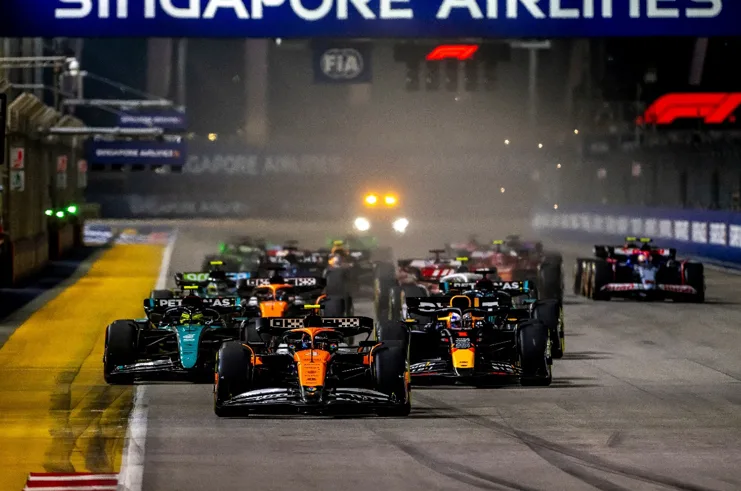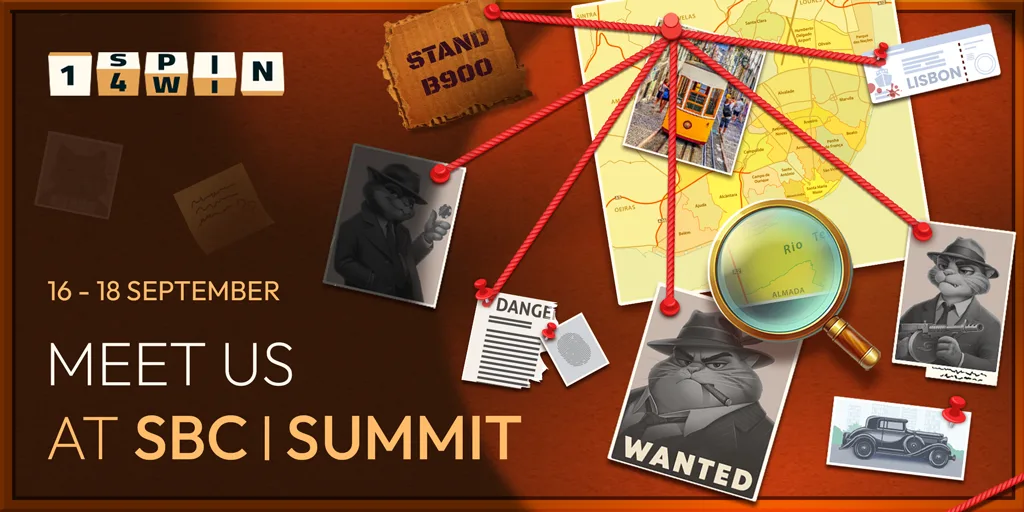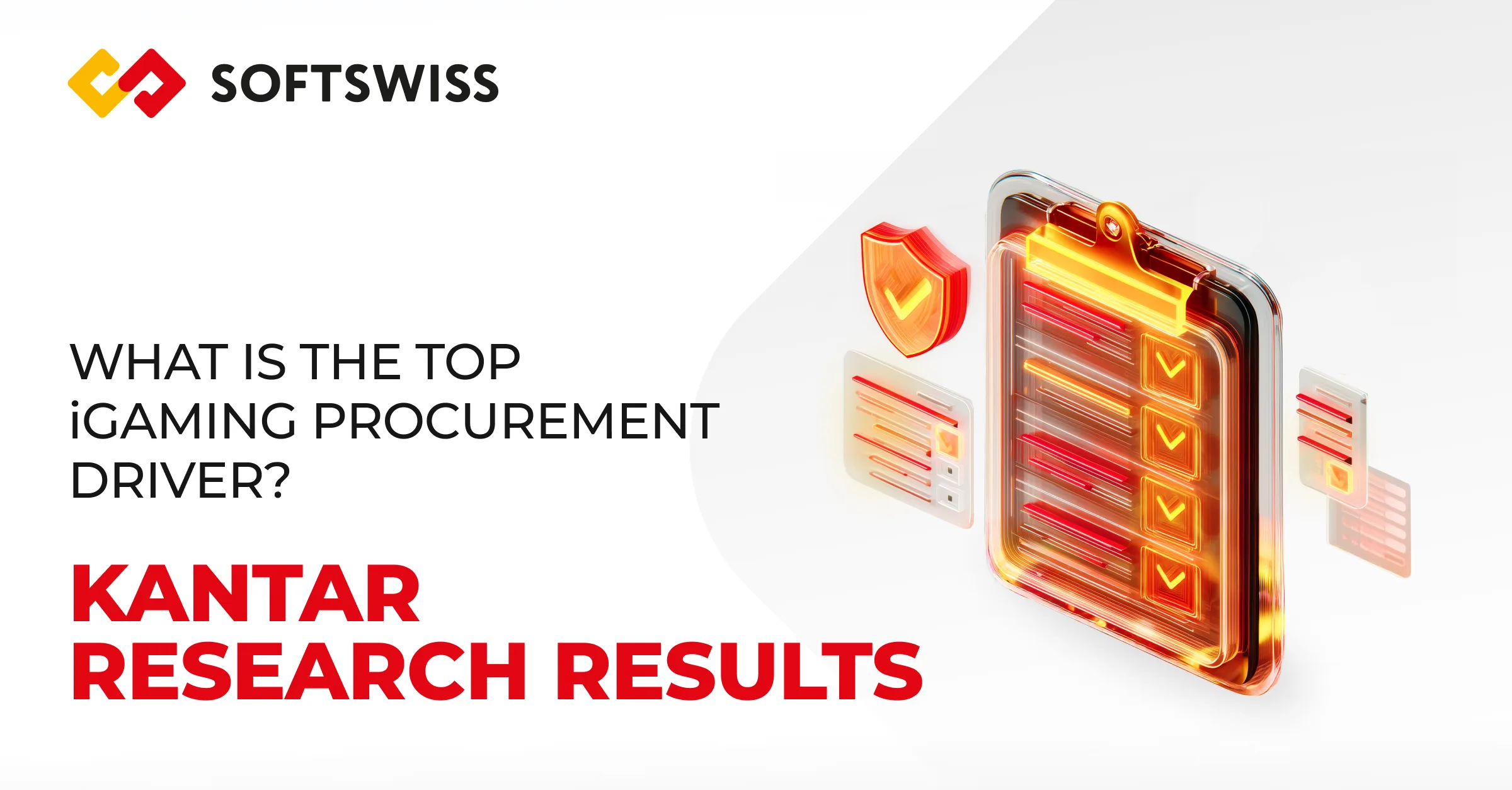“Perfect” – this word is frequently mentioned in many gambling news articles, which touch upon the topic of the gambling market in Poland. However, is it really true? Marek Plota, Attorney-at-Law and CEO at Gaming In Poland, has provided a detailed overview of the industry and explained the newest amendments to the Gambling Act as well as other regulatory aspects.
Marek, many industry experts say that the gambling market in Poland is perfect, polished, and seamless. Is that true? If yes, why?
The current gambling regulation of 2017 is still new, and certainly, it requires some improvements. I cannot imagine any expert saying that the Polish market is perfect however, from the legal perspective, relevant expertise makes both the application process and the operations in Poland seamless.
Could you tell Login Casino readers more about the gambling regulations in Poland? What sectors are legal/illegal?
The broadest and, by far, the most significant amendment to the Polish Gambling Act came into force on April 1, 2017. Since then, all online gambling games, excluding sports betting and promotional lotteries, have been subject to state monopoly. Currently, Totalizator Sportowy S.A., a state-owned company, is the only entity in Poland, which legally offers online casino and card games. However, the most important regulation your readers would be interested in is the establishment of the Register of Domains, which lists domains that offer gambling games contrary to the Polish Gambling Act. This development has significantly contributed to the growth of the legal gambling market in Poland. Presently, the Register contains nearly 14,000 domains and continues to grow. Since July 1, 2017, both websites of unlicensed operators and the related payment systems have been subject to blocking.
In fact, the introduction of the ministerial blacklist and associated blocking measures have resulted in many foreign companies leaving the Polish market altogether. Those who remained were promptly blacklisted and consequently blocked. Their response was varied with some deciding to go the license application route, while others are challenging the new legislation or keep operating using so-called “clones” of domains or by encouraging clients to use a VPN.
As we speak, the President of Poland signed off on the newest amendments to the Gambling Act. It is designed to optimize and speed up the blacklisting procedure and extend its scope. According to the proposed amendment, domains used for advertising and promoting unlicensed gambling shall also be entered in the register.
What is the license acquisition process? Can foreign operators obtain it?
Contrary to popular belief, it is doable for an offshore entity to obtain a license in Poland, as proved by Betclic when it obtained the license in September 2018.
Therefore, it is possible to apply either directly as a foreign EU company in which case it needs to appoint the representative in Poland, through a Polish branch of a foreign EU company, an LLC or a joint-stock company established in Poland. In each case, the registered share capital of the applicant must not be lower than PLN 2,000,000 (approx. EUR 440K) or in the case of a foreign company, the equivalent in another currency.
All applications for granting a license are examined by the Minister of Finance. The relevant proceeding may take up to six months. However, this time limit is subject to extensions, often involving several additional months of the application process. The application itself shall be accompanied by company official documentation (e.g., articles of association and financial statements), and the information on the applicant’s business (e.g., website regulations, technical documentation of the website, or the consent of the sports competition organizers). The license shall be granted for six years, which may be subject to a one-off extension for the next six years. The fee for granting the license is approximately EUR 100,000 for each website used for the organization of mutual bets. The applicant shall also be required to provide collateral of EUR 105,000 in cash or a bank guarantee. License fees cover a six-year validity period.
In your opinion, what are the main drawbacks of Polish gambling law?
It is always about the money. Locally licensed operators and those considering a market entry are complaining about the tax regime and the state monopoly on casino games. The current turnover tax rate is 12%, which makes it unfavourable, according to industry opinion. In turn, the market attractiveness could be achieved by opening the licensing system on an online casino. This would certainly benefit the state treasury in the form of increased tax revenues, but we do not anticipate any changes in this regard coming soon.
What makes the gambling industry in Poland different from other countries?
Poland is an emerging market, and we have been observing record-breaking growths in each subsequent year since the industry was regulated in April 2017. This concerns online activity specifically. According to the latest EY report, the online market share in the total legal market hit growth from 4.6% in 2016 to 27.5% in 2019. The EU average growth spanning the same timeframe was 9.6% to 15.9%. It is estimated that the value of the entire gambling market in Poland will grow by 24% y/y to PLN 7.5 billion in 2021. Imagine that sportsbook increased by 6% in 2020, despite the pandemic and its growth is anticipated to hit 20% in 2021.
This dynamic should appeal to the imagination of major gambling stakeholders.
Would it be correct to say that the Polish government facilitates the industry’s operation and development?
I would rather refer to the regulator instead of the government as responsible for legislative improvements, which usually entail a long-term process. The Minister of Finance, acting as the gambling regulator is doing its best to apply regulations provided under the Gambling Act, which at times, are vague or inaccurate. Operators need to receive clear guidelines on what is permitted and what is not, so they can create development and marketing strategies without regulatory risks. Nevertheless, despite some legislative weaknesses, I find the regulator tough but fair.
What percentage does the black market constitute in the country? What actions have been taken to ensure that players will prefer regulated gambling services to illegal ones?
It always depends on who is presenting the data, on the assessment methodology, and the evaluation goal. According to the data announced by the Ministry of Finance, based on the H2 Gambling Capital2 report, the share of grey market turnover is 36.6%. At the same time, the report recently prepared by EY for the Association for the Elimination of Black Economy Betting in Poland “Graj Legalnie” provides for the estimation of 56.1%. Regardless of the calculations, it is certain that grey market gambling has decreased significantly, and keeps shrinking. Mostly, it is caused by the blacklisting measures applied by the regulator combating the grey market as well as marketing and information efforts promoting legal operators. The Polish gambling tax regime makes the offshore operators’ offer still more attractive for players; however, they get used to the operators being legally transparent and fully available from a technical point of view.
Read more: Top Affiliate Networks in Nordic Countries











